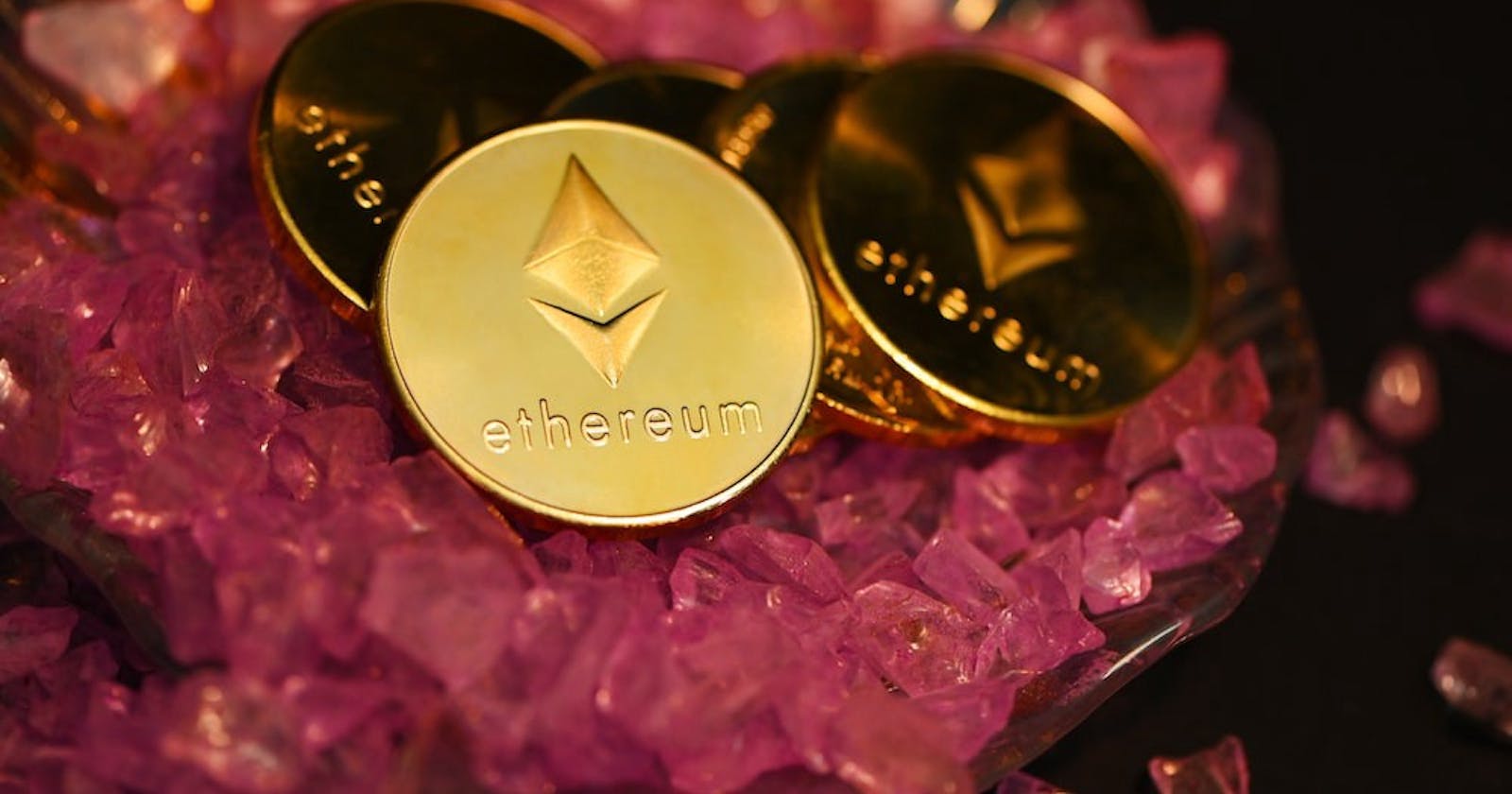Table of contents
- 1. Familiarize yourself with the basics of blockchain technology:
- 2. Start learning programming, with a focus on Solidity and other smart contract languages:
- 3. Build your skills and experience by working on personal projects and contributing to open-source projects:
- 4. Build a strong Github profile and share your work with your network:
- 5. Consider earning a relevant certification to demonstrate your expertise and commitment to the field:
- 6. Network and make connections in the blockchain community by joining online forums, attending meetups and conferences, and participating in hackathons:
- 7. Apply for internships or entry-level positions in the industry to gain real-world experience:
Blockchain technology has rapidly gained popularity in recent years, leading to a high demand for skilled blockchain developers. If you’re interested in pursuing a career in this exciting and innovative field, here are some steps you can take to become a blockchain developer in 2023:
1. Familiarize yourself with the basics of blockchain technology:
Watch this video from the Ethereum Foundation to learn about the basics of blockchain and how it works: https://www.youtube.com/watch?v=j23HnORQXvs
Read this article from Blockgeeks to learn about the different types of blockchain platforms and their use cases: https://blockgeeks.com/guides/different-types-of-blockchain-platforms/
Take an online course to learn more about blockchain fundamentals, such as this one from Coursera: https://www.coursera.org/search?query=blockchain&
2. Start learning programming, with a focus on Solidity and other smart contract languages:
Watch this video from ConsenSys Academy to get an overview of Solidity and how it works: https://www.youtube.com/watch?v=KRdEkfBZuKc
Follow this tutorial from the Ethereum Foundation to learn how to write your first smart contract: https://ethereum.org/greeter
Take an online course to learn more about Solidity and smart contract development, such as this one from Udemy: https://www.udemy.com/course/ethereum-solidity-smart-contracts-development-bootcamp/
3. Build your skills and experience by working on personal projects and contributing to open-source projects:
Check out this list of open-source blockchain projects on Github to find ideas for projects to work on: https://github.com/openblockchains/awesome-blockchains
Follow this guide from Hackernoon to learn how to contribute to open-source projects on Github: https://hackernoon.com/how-to-contribute-to-open-source-projects-on-github-63b15b5c78b2
4. Build a strong Github profile and share your work with your network:
Sign up for a Github account and create a profile: https://github.com/
Follow these tips from The Practical Dev to create a strong Github portfolio: https://dev.to/thepracticaldev/how-to-build-a-strong-github-portfolio-47pk
5. Consider earning a relevant certification to demonstrate your expertise and commitment to the field:
Check out this list of certification programs for blockchain developers from the Ethereum Foundation: https://ethereum.org/greeter
Explore this list of certification programs from ConsenSys Academy: https://consensys.net/academy/certification/
6. Network and make connections in the blockchain community by joining online forums, attending meetups and conferences, and participating in hackathons:
Join online forums and communities to connect with other blockchain developers, such as this one from Reddit: https://www.reddit.com/r/ethdev/
Attend meetups and conferences to learn from experts and make connections, such as this one from Blockchain Week: https://www.blockchainweek.com/
Participate in hackathons to gain practical experience and showcase your skills, such as this one from EthGlobal: https://ethglobal.co/hackathons
7. Apply for internships or entry-level positions in the industry to gain real-world experience:
- Search job boards and career sites for opportunities, such as this one from BlockchainJobs: https://www.blockchainjobs
